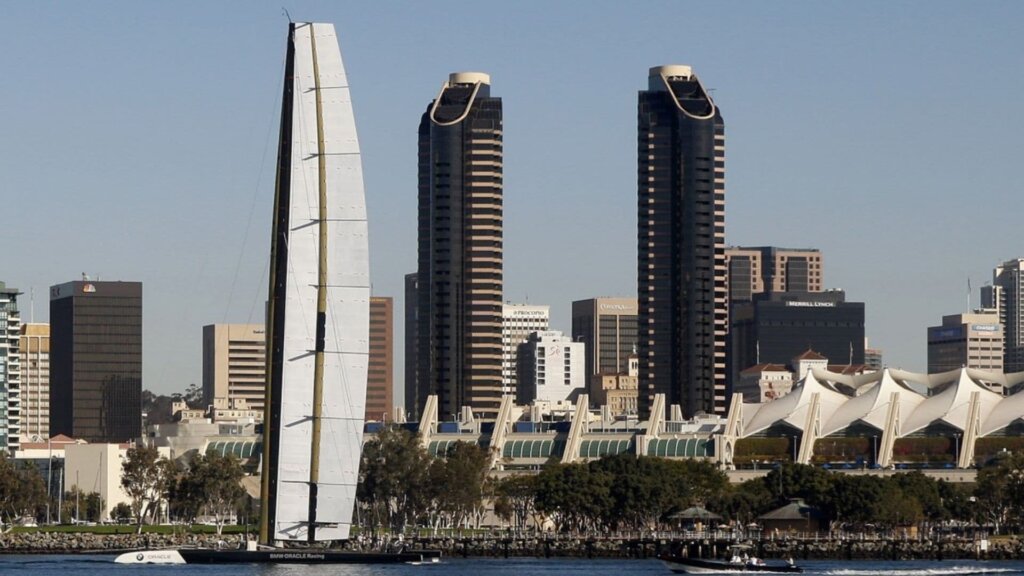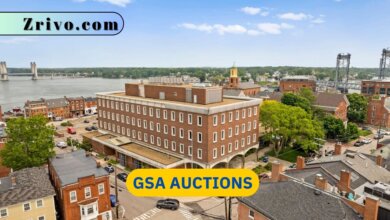How to Get a Special Use Permit in San Diego County?
Obtaining a special use permit in San Diego County is crucial for individuals and businesses to ensure they are in compliance with local regulations. Without these permits, construction projects could be subject to safety risks, environmental damage, and zoning restrictions.

A San Diego special use permit is a type of permission from a local zoning authority that allows an area to be used in a way that deviates from normal standards. These permits are usually limited in scope and must be closely monitored to ensure compliance with zoning laws. Individuals who want to seek a special use permit should consult with a lawyer to determine what options are available for them.
The special use permit in San Diego County can be obtained by submitting an application to the appropriate city department or board. The application must be signed by the applicant and include all of the relevant information about the proposed use. The application will then be reviewed by the zoning board, and if it is approved, the applicant will be issued a permit.
The permit will be valid for one year, after which the applicant must apply again. The process may take a long time, so it is best to start the application process early. It is also important to note that a special use permit can be revoked if it is found to conflict with other zoning ordinances or laws.

San Diego Discretionary Permits
San Diego County has a broad range of permits for construction and development projects. Some require a ministerial review process, where public officials simply determine whether the project meets a series of predetermined requirements and do not involve significant personal judgment by the official. Others are subject to a discretionary review process, where the public official must exercise judgment and deliberation.
Discretionary projects can include a lot split, residential subdivision or changing an existing use from residential to commercial. These types of projects require a discretionary approval from a County approving body, such as the Planning Commission or Board of Supervisors. These projects can have a significant impact on the environment and must be evaluated through an environmental impact report (FEIR).
SDCG complains that the FEIR did not discuss mitigation measures; failed to address a measure adopted in 2008 to mitigate boutique winery traffic impacts on private roads; did not identify, describe or adequately assess potential historic resources on the site; and included an unwarranted discussion of grading permit conditions. It also complained that the costs charged to prepare the administrative record for this case were unreasonable, as they included transcripts of planning commission hearings.





